The reflections below, on Holocaust denial in Iran, were sent to IranWire by PhD researcher Leily Nikounazar after she attended a series of panel discussions hosted by IranWire and the United States Holocaust Memorial Museum as part of the Sardari Project: our ongoing partnership to promote Holocaust education in Iran.
I recall the painful memory of that day, when I felt for the first time what I’d later call the “necessary shame”. It was one of those days of endless strolling in the small city of Leuven, my second home since I left Iran. I was heading for nowhere in particular, probably just wandering the cobbled streets of the old city to clear my mind, to hear the birds chirping, to let the city show its true colours under the spell of spring. And it was a Saturday, undoubtedly a Saturday, as I recall it happened right in the middle of the Saturday market. Not a surprise for me that I would stop by a cheese vendor, probably just to purchase a delicate slice of the blue fromage while smiling at the Belgian cheese seller behind the counter. I’ll always blame this huge smile of mine, which subjects me to the question of where I come from.
It wasn’t long after Mahmoud Ahmadinejad’s notorious speech that had called the Holocaust a big fat lie. I replied to the vendor, an older man surrounded by a group of friends his age: “I come from Iran.” My memory at this point, most probably due to the trauma attached to that encounter, is not helping me to recall the wording. But I assume it was the vendor himself, or perhaps one of his friends, who mentioned something about ex-president Ahmadinejad, calling him a Holocaust denier.
I then remember nothing but shame, and a drop of cold sweat, running all the way off the skin of my back, leaving a tingling sensation down my spine. My body language would have said it all. My body should have fallen, crushed under the burden of shame, together with my fragile confidence as a new international student, dealing with an uncanny feeling of strangeness, loneliness, and smallness. Shattered.
And I recall someone else tapping on my back, saying: “That’s not your fault.” I painfully recall how I couldn’t stop looking at the ground. I was a void, woven from the fabric of scar, a wound, old but still bleeding. I recall looking up to the vendor, his very blurry smile, hearing his voice, a mixture of English with the beautiful, now-familiar accent and rhythm of Dutch: “It is not your problem. Ok?”
In the cold light of day, Ahmadinejad was a comical character, an eccentric and delusional creature who came to power out of nowhere, later expelled from the inner circle of Iran’s Supreme Leader. I had never voted for him, nor invested the tiniest bit of faith in the entire political and ideological system that had brought him to the presidency of Iran in the first place. There was no point in me experiencing that moment of shame.
And yet, it was a “necessary shame”. It was practically and theoretically correct. Being ashamed of belonging to a place where delirious leaders come to power is legitimate. Being alert of what is going on in the world, in feeling things with flesh and bone, in feeling sick and set back by the syntax of stupidity, inhumanity and oblivion is “OK”.
Yes, the vendor was right. It was not my fault, not my problem! I had no part in denying the Holocaust. But I felt that immense shame because I knew how precarious, inhumane and crude it was to deny the horrors that had actually, beyond tragically materialised. Denying such cruelty might lead to its repeat, and I felt it, in that moment of grave shame, with all my conscious capacities. Now, after almost a decade, I think it was right.
I have recently finished reading the book How To Stay Sane In An Age Of Division by Elif Shafak. In the chapter entitled Apathy, the Turkish author and feminist highlights the value of being moved by someone else’s pain, and warns against our becoming indifferent, disconnected, and atomised. She reminds us of the significance of what she considers to be the most dangerous emotion: “a lack of emotion”.
Dwelling on the memoirs of people who have survived the darkest recent chapters of human history, such as Holocaust, genocides, and civil wars, Shafak is intrigued by the question many of them raise: “How is it possible that such atrocities can happen?”. She believes these systematic acts of barbarity and wickedness do not start at the concentration camps or gas chambers, but with the language of discrimination and hatred, when the world’s response to that language is numbness.
That day at Saturday market, in that very deep moment of fremdscham, I had refused to be locked in, and paralysed by, a state of indifference, apathy or numbness. I was proudly ashamed of Ahmadinejad’s unsettling ignorance and sickening language. That was a legitimate feeling, the “necessary shame”.
visit the accountability section
In this section of Iran Wire, you can contact the officials and launch your campaign for various problems






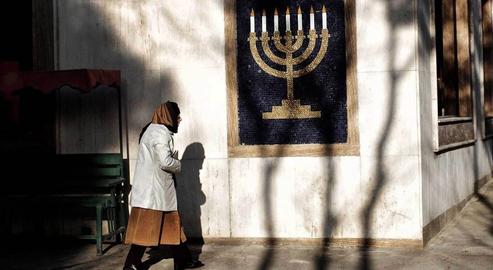
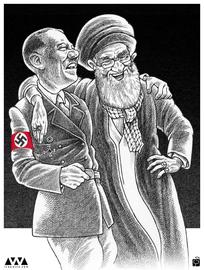
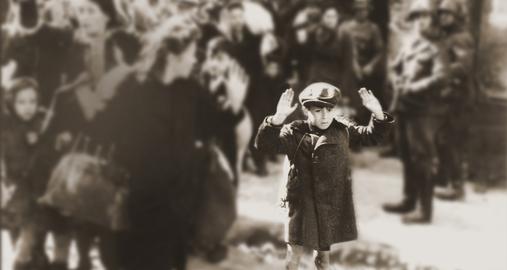
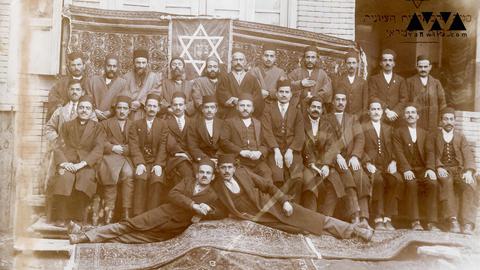









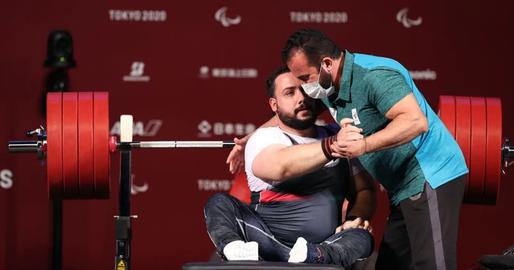
comments